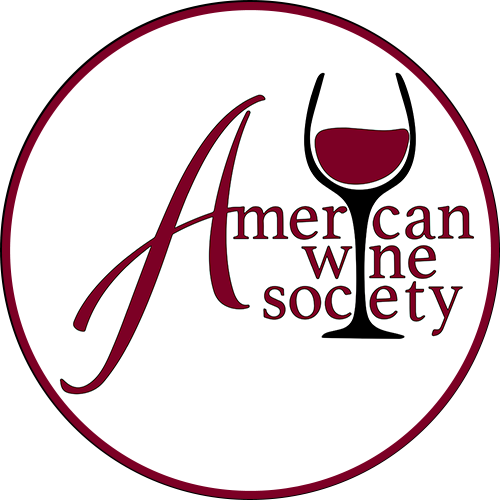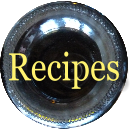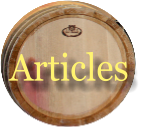















Promoting appreciation of wine through education © 2024

Don't Be Cowed by the Wine Writers
By Hamilton Mowbray JHU Class of '50 [From Johns Hopkins Magazine, Sept. 1996 - www.jhu.edu/jhumag, reprinted with permission] I am anti wine writers. The fellows who put their lives on the line for a buck leave me as cold as a North Sea mackerel. They prey on the gullibility of untutored and timid consumers to inflate their own egos, line their pockets, and at the same time guzzle more wine (all expenses deductible) than they could otherwise afford. With a stroke of the pen, following a besotted session with 10, 15, or 20 different wines, they can do more damage to a producer's well-being than a San Francisco earthquake or an invasion of the Mediterranean fruit fly. As a former producer myself, I do not speak from pique, because I have received better treatment at their hands than I probably deserve. I speak on a point of principle, and that principle is simply this: In matters of taste--and I am speaking of gustatory experience--there can be no arbiter but one's own true sensory impulses as they are fed to that marvelous computer, the brain. That computer is uniquely programmed for each one of us. What we need, instead of wine writers with their Olympian observations about this wine or that, is a serious movement to educate the public about the wines of the world, their basic differences, their healthful and beneficial qualities, and their general place in the whole scheme of gracious living. What we do not need is someone who tells us--and I select at random--that a given wine is "intense, rather forward nosed, displaying touches of mint and eucalyptus; rather arid and grassy on the palate, yet developing depth and fruit after 30 minutes breathing in the glass." Nor do we need someone who erects a 100-point scale to judge wines, throws away the first 50 points, and then makes a big deal about a wine scored as 87 against one that scores a mere 85, according to him. Certainly bad wines are made and marketed. The grape is amazingly perceptive about climatic influences, and the mood it projects in a finished wine tells us a lot about how it felt during the growing season. A cold, wet summer produces the "blahs." A temperate, moderately dry summer with good ripening heat toward autumn does the opposite. Any winemaker can make a good wine then. Despite the vicissitudes, wine of some sort has to be made every year. Good winemakers can succeed in making very palatable wines in the worst of years, only to be damned by a wine writer who has never set foot in a vineyard or a winery, and has heard that 19XX was a poor vintage. Some of the best wines I have drunk have been from so-called poor vintages and at give-away prices because bad press had condemned the year. Ideally, the only way for a consumer to learn about wines is to drink them. At today's prices, that can be expensive, but there are ways of sampling and learning about wines with relatively little dipping into the pocket. Many retail stores will pour samples on certain specified days. Often they will have the winemaker in the store to pour, and it's free. The American Wine Society through its regional chapters offers guidance, education, and sociability in the ways of wine appreciation. And if all else fails, what's to prevent a group of 10 to 15 congenial people from getting together on their own to taste several wines that singly they may not wish to purchase? Don't let the wine writers cow you into submission. Your palate is an expression of the heterogeneity of your past experience. It is your past experience and belongs to no one else. It is as personal as your sex life and doubtless connected with it, and nobody, but nobody, has the right to tell you what to enjoy or how to enjoy it. Former APL researcher Hamilton Mowbray '50 is a founding member of the American Wine Society and founding director of the Montbray School of Wine in Columbia, Maryland, now closed. From 1972 until 1994, he owned and operated Montbray Wine Cellars in northern Maryland.
Articles














